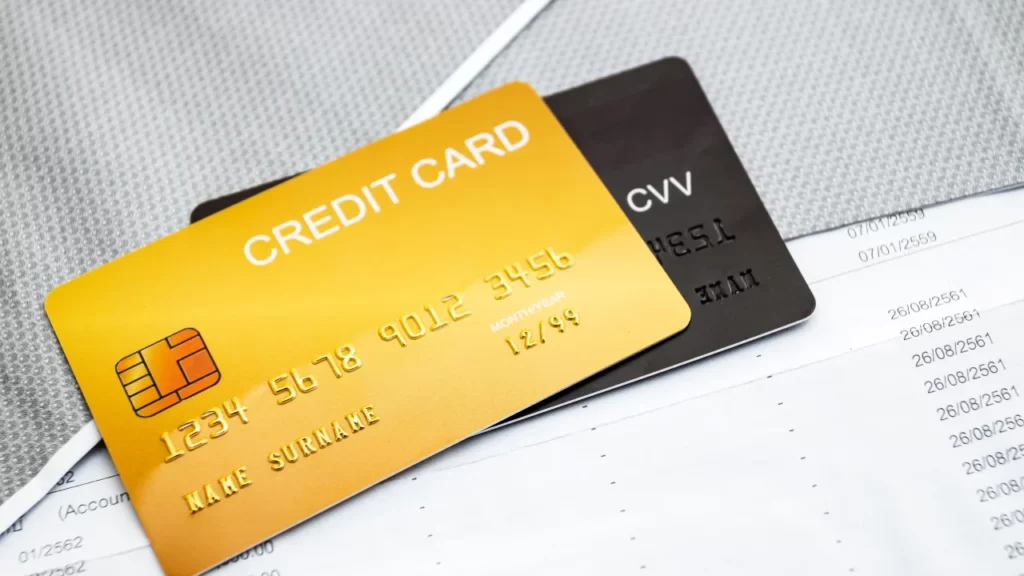If you have ever looked at your credit card statement and noticed a charge with the description “TST,” you may have been left wondering what it means. This cryptic abbreviation can be confusing and even concerning for some credit card holders. However, fear not, as we are here to demystify the meaning behind “TST” on your credit card statement.

First and foremost, it is important to understand that “TST*” is not a specific company or merchant. It is actually a generic code used by credit card companies to categorize transactions that do not have a specific merchant name attached to them. This can happen for a variety of reasons, such as when a merchant’s name is too long to fit on the statement or when the transaction is made through a third-party payment processor.
Read to know WLY Complete Save Charge on Bank Statement.
What does “TST*” stand for
So, what does “TST*” stand for? The most common interpretation is that it stands for “Transaction Settlement.” This means that the charge is for a transaction that has been processed and settled by the credit card company. It is a placeholder for any transaction that does not have a specific merchant name attached to it.
Another possible interpretation of “TST” is “Test Transaction.” This refers to a transaction that is made for testing purposes, such as when a merchant is setting up their payment system or when a credit card company is testing their systems. These test transactions are usually small amounts and are not meant to be charged to the cardholder’s account. However, in some cases, they may accidentally show up on the statement as “TST.”
How does TST* Appear on Credit Card Statement?
It is also worth noting that “TST” may appear differently on different credit card statements. Some credit card companies may use variations such as “TSTN” or “TSTN” instead of “TST*.” This is simply due to differences in their coding systems and does not change the meaning behind the code.
Now that we have established what “TST*” means, you may be wondering why it is used in the first place. As mentioned earlier, it is primarily used as a placeholder for transactions that do not have a specific merchant name attached to them. This can happen for a variety of reasons, such as when a merchant’s name is too long to fit on the statement or when the transaction is made through a third-party payment processor.
TST on Credit Card Statement: Meaning?
In addition, “TST*” can also be used for security purposes. In cases where a merchant’s name is not displayed on the statement, it can help protect the cardholder’s personal information. This is especially important in cases where the transaction is made through a third-party payment processor, as the cardholder’s information may not be directly shared with the merchant.
While “TST” may seem like a harmless code, it is important to keep an eye out for any suspicious charges on your credit card statement. If you do not recognize a “TST” charge, it is always best to contact your credit card company and inquire about the transaction. It could be a legitimate charge that you do not remember, or it could be a fraudulent charge that needs to be addressed immediately.

What is the meaning of TST * in banking?
In some cases, “TST” may also be used for recurring charges, such as monthly subscriptions or memberships. This is because the merchant’s name may not be displayed on the statement each month, leading to the use of the generic code. If you are unsure about a recurring “TST” charge, it is best to contact the merchant directly to confirm the charge and make any necessary changes to your subscription or membership.
It is also worth mentioning that “TST*” may not always appear on your credit card statement. In some cases, the merchant’s name may be displayed instead. This can happen if the merchant has updated their payment system or if the transaction was made through a different payment processor than usual.
Conclusion
In conclusion, “TST” on your credit card statement is simply a generic code used by credit card companies to categorize transactions that do not have a specific merchant name attached to them. It can stand for “Transaction Settlement” or “Test Transaction” and is primarily used as a placeholder for security purposes. If you do not recognize a “TST” charge on your statement, it is always best to contact your credit card company and inquire about the transaction. By understanding the meaning behind “TST*,” you can better manage your credit card transactions and ensure the security of your personal information.
